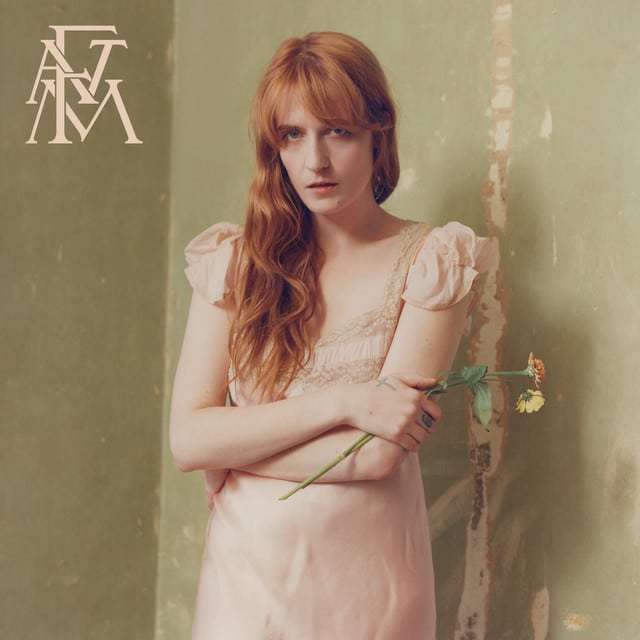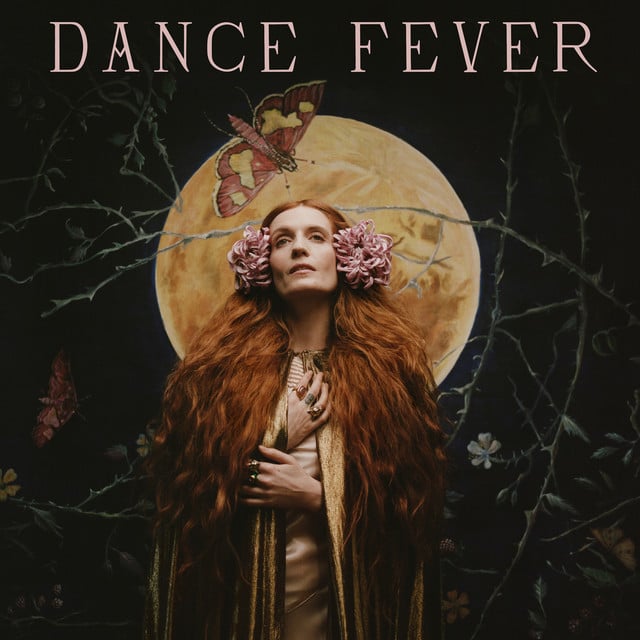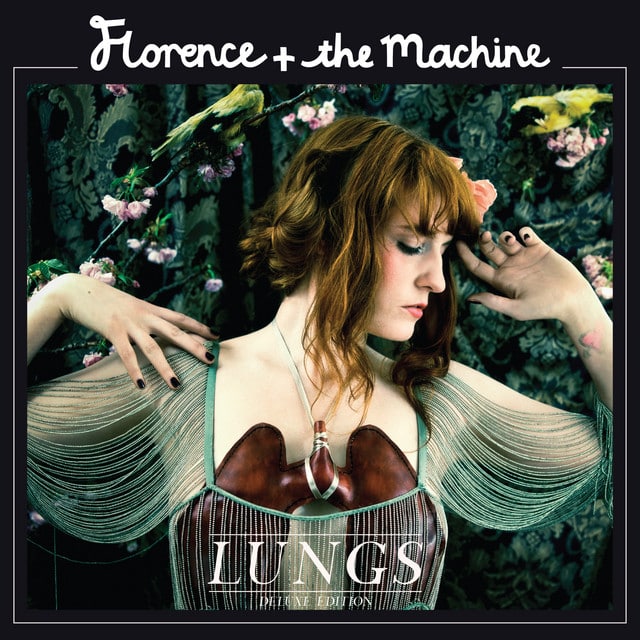Released: 2018
“Hunger” by Florence + The Machine is a deeply introspective track that navigates the complex interplay between love, loneliness, and the universal search for fulfillment. Through powerful imagery and raw emotion, lead singer Florence Welch delves into personal experiences to explore broader themes of human desire and the lengths to which we go to satiate our inner voids. It’s an anthem of vulnerability, a reminder that beneath our varied exteriors, we share a fundamental craving for connection and meaning.
The opening lines, “At 17, I started to starve myself / I thought that love was a kind of emptiness,” instantly confront us with the idea of love as an elusive, often painful pursuit. Welch isn’t just talking about physical hunger or the act of starving; it’s a metaphor for the more abstract, emotional starvation many experience in the quest for love. The mention of age is crucial here; 17, a time when many grapple with identity, belonging, and the profound desire to be loved, sets the stage for a journey through youth’s turbulence and beauty.
The chorus, “We all have a hunger,” is both a confession and a unification cry. In admitting her vulnerabilities, Welch taps into a universal truth — we are all driven by an inherent hunger, whether for love, acceptance, or purpose. This chorus acts as the song’s heartbeat, repetitively reminding listeners of our shared human experience, urging us to embrace our needs and desires as integral parts of who we are.
In a turn of introspection and outward observation, the verse, “And it’s Friday night and it’s kicking in / In that pink dress, they’re gonna crucify me,” brings forth the tension between societal expectations and personal identity. The imagery of the pink dress and the notion of being crucified in it suggest a struggle with vulnerability and visibility, a fear of judgment when our true selves or desires are in the spotlight. Moreover, Welch touches on the fleeting nature of youth and beauty, suggesting that even in our most vibrant phases, we’re not immune to pain or disappointment.
As the song progresses, Welch reflects on her misidentification of love with temporary highs, whether through drugs, applause, or the thrill of new encounters. The line, “I thought that love was on the stage / You give yourself to strangers,” reveals the emptiness that often accompanies the search for love in ephemeral moments or through the validation of others. It’s an acknowledgment of the mistaken places and ways we seek to fill the voids within us, only to find those methods lacking.
In its essence, “Hunger” crosses the personal and universal, delving into the heart of human existence. Florence Welch masterfully conveys the beauty and tragedy of our search for love and meaning, reminding us that in our hunger, in our endless quest, we’re profoundly connected. It’s a song that resonates not just with the ear but with the soul, urging listeners to acknowledge and embrace their own hunger, whatever it may be.






